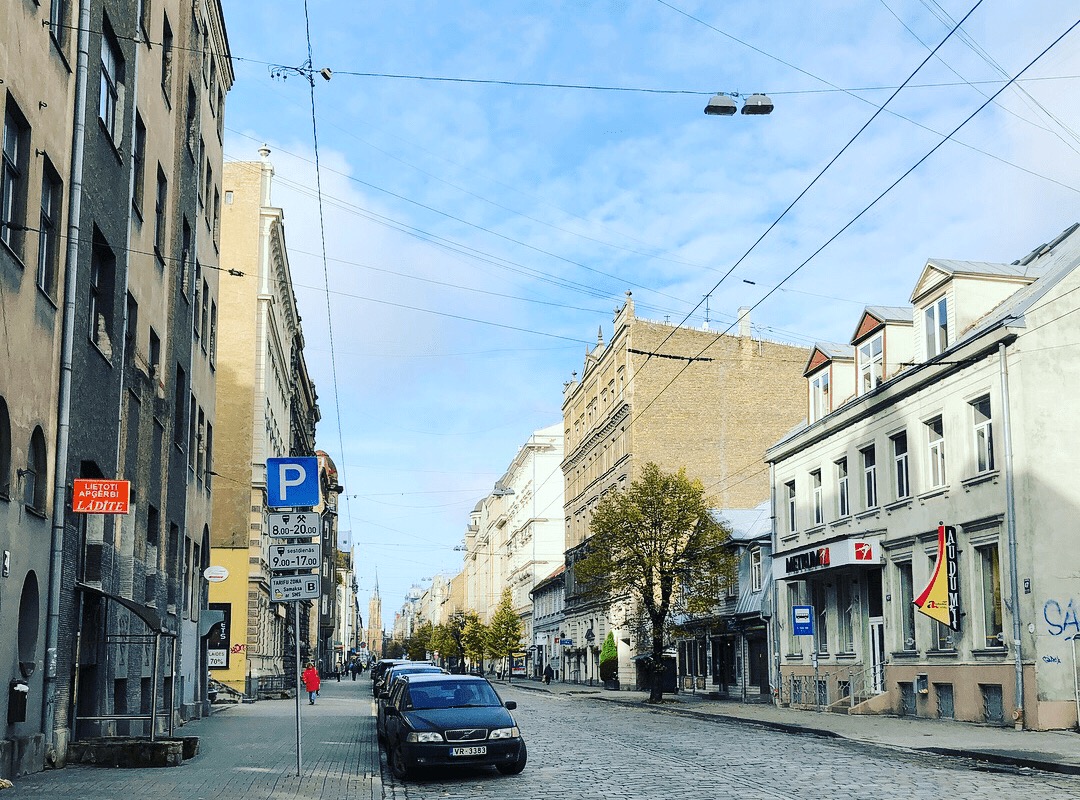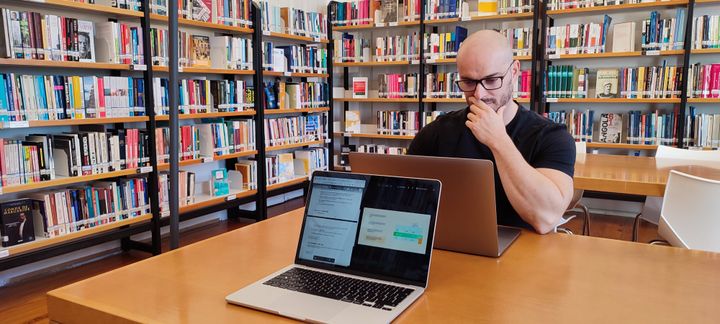How to travel safely and get medical attention as a digital nomad

Yesterday I spent six hours at a foreign hospital, waiting to be seen by a doctor. I had an ear infection, and it did hurt. It hurt a lot. I didn’t know if the doctor would speak English fluently enough to understand me.
I was alone in a nightmarish aisle resembling a scene from “Jacob’s lair”, complete with abandoned elder people moaning on couches. There was this bleak, dreary atmosphere and a cold light that gave the place an old Soviet hospital look.
I was absolutely scared.
To make things worse, I was supposed to be flying to Tallinn today to spend a week working in my current startup’s HQ. That’s the reason why, instead of waiting until Monday to go to a private clinic and be seen by a doctor immediately, I was at that public hospital aisle.
I spent there six hours wondering when would I be allowed to see the doctor.
It was certainly not a good day. Actually, it sucked big time.
What could go wrong?
When I evaluated the pros and cons of becoming a digital nomad, one of the worst scenarios I imagined was falling sick on a foreign country. Concretely, the absolute worst situation for me was falling sick on a foreign country on the verge of a business trip or meeting.
And that’s exactly what happened yesterday.
When I started to feel ill, I knew I had to see a doctor before getting on the plane. I didn’t want to take the risk of feeling really bad at Tallinn, especially because my current’s startup is at a critical stage right now. We are releasing our application for the Web Summit. There is going to be a big announcement, a public pitch, press, and whatnot.
Not the best time to fell ill and abandon the project for a week or two.
The fear of being unable to get proper medical attention, combined with the fear of being absent on a relevant date, has always haunted me since I started working as a freelancer and traveling the world.
Travel Safely: avoid your worst case scenario
However, the doctor finally saw me. She was not only a highly qualified professional, but a really nice person. Also, she spoke perfect English. She described me in detail what was happening, the treatment, and kindly answered all my doubts.
Six hours after I arrived, with my ear still hurting real bad and an empty stomach, I left the hospital and bought the antibiotics the doctor had prescribed me. I had dinner at the Tokio City sushi restaurant in Riga and took my medicines.
Then, just an hour later, I was starting to feel better.
I was able to avoid my worst case scenario because I took some precautions beforehand.
Plan in advance
None of us wants to feel helpless and abandoned in a hospital aisle, wondering if you will be alright, or even worse, sick at home without knowing where to go to get medical attention.
The secret to avoiding such an awkward situation is conducting some initial research and taking the necessary steps to make sure that, if the worst happens, you are covered and will get all the help you might need.
Do your homework
Before traveling to the country where you plan on spending some months or even a year, do some research. Learn about the health system of the country.
Do they have public social security? Private clinics and hospitals?
If you are European, and you visit a European country, check that your European sanitary card is valid and will be accepted in the public hospitals (that’s usually the case), and make sure that the card is still valid and has not expired.
If you are going to register as a resident (which may be a good idea if you plan on staying for a long time), you will probably be asked to get a health insurance policy that covers the costs of emergencies or urgent treatments.
In the case of Latvia, it costs just 34€, lasts for a year, and it’s valid in the whole Schengen area. Make sure to ask what is included in the policy, how you can use it if you have an emergency, and where it’s accepted.
Conversely, if you plan on signing up for private insurance, do some research on costs and coverage in your home city.
Locate the nearest clinics
It’s important that, once you know the address of your apartment, you locate the closest clinics and hospitals.
Apart from a normal clinic where you can visit your family doctor, you need to locate the closest hospital. Also, you need to know where you can go in case of an emergency.
Think about the worst case scenario, like having a severe fever on a Sunday evening.
Where would you go? How would you get there?
The ideal situation is having the closest emergency center within walking distance. However, if that’s not the case, make sure to have some easy way of going there. Find your favorite taxi app, like Uber, Cabify or Taxify and check if it works in the city. If not, look for alternatives.
Ask a local
I strongly advise having a local contact that can help you if things go bad. Not only he or she speaks the language and knows the culture, but also probably knows people there that can help in extreme situations, like a doctor.
If you have a friend in the city -or at least living in the country-, that’s certainly a plus.
Nevertheless, you can always locate someone that can help you, either your AirBnB host or a mate from your coworking center.
Certainly, making friends there is always handy if you find yourself in a stressful situation.
Make sure to ask for the contact of this person, not just an email, we are talking about a phone number here. Surely you don’t want to bother them unless necessary, but kindly ask them if you can call them if there’s an emergency.
In my case, I initially visited two private clinics. Unfortunately, none of them had an ear doctor that could see me on a Saturday.
Fortunately, my AirBnB host is an awesome person. Her brother worked at a hospital, so she asked him where to go to get a treatment for an ear infection. She even offered to act as a translator in case I needed it.
This big gesture surprised me, and thanks to her, I was able to go to the right hospital directly. I am in debt to her and will always remember her kindness. There’s plenty of good souls on earth.
With a little help from my friends
Last, but not least, if you have the chance, don’t travel alone. In my case, I managed to get to the hospital and locate the emergency building thanks to my partner.
While I was there, waiting for six hours to be seen by the doctor, I knew this person was by my side, taking care of me and helping me. That alone can make a huge difference in how you experience the whole situation.
If you are traveling alone, try at least to make friends wherever you go. I mean sincere, honest friend relationships with other people. Help them. Share your experiences with them. Let them know you are there if they need you… you might need them also someday. As Psychology Today suggests, the best way of making a friend is asking for help.

Conclusion
It’s been a long since my last post, and not surprisingly. A lot has been going on in my life lately. Adopting a digital nomad lifestyle, getting rid of my stuff and decluttering my life, starting to work for a new startup, and some health problems, have kept me away from my blog.
In this post, I talk precisely about how one of my worst nightmares became a reality yesterday. I fell ill on a foreign country, and I had to take a plane the following day.
Nevertheless, with some common sense, and taking some precautions, you should be able to receive medical attention wherever your digital nomad life takes you.
It certainly worked for me. I am writing this comfortably at my apartment in Tallinn, ready to join my startup tomorrow for our decisive week. I was able to get my prescriptions, the fever has started to disappear, and the pain has stopped almost completely.
Even though the worst happened, I was prepared for it. That’s the right way to travel safely and get medical attention as a digital nomad.
Did you have an awkward experience like I had? A suggestion or tip for a specific country? Don’t hesitate to share it with us in the comments!




Comments ()